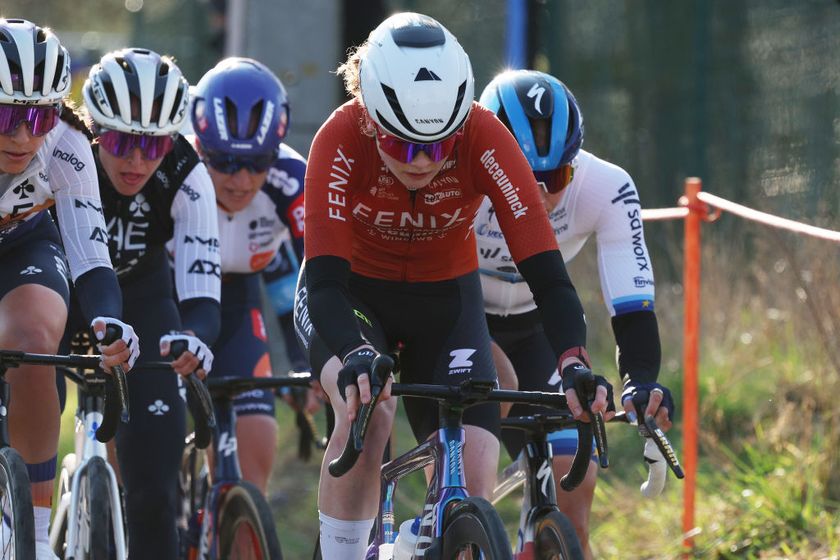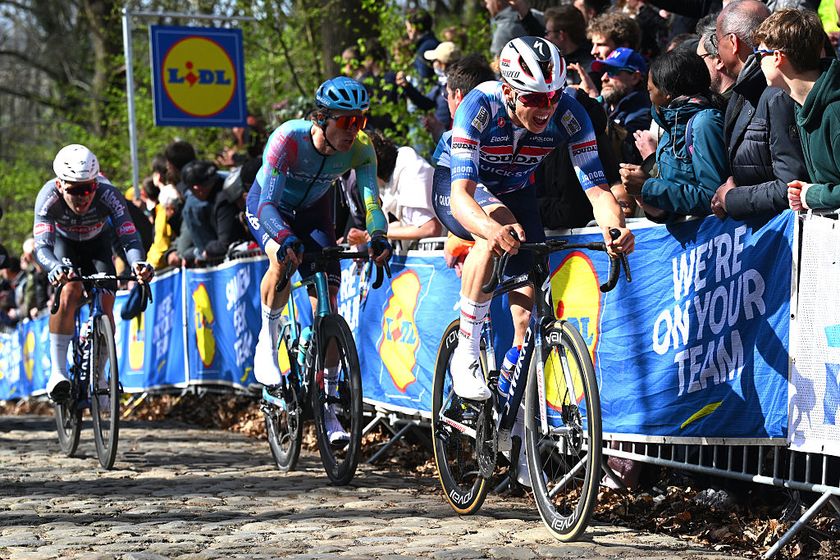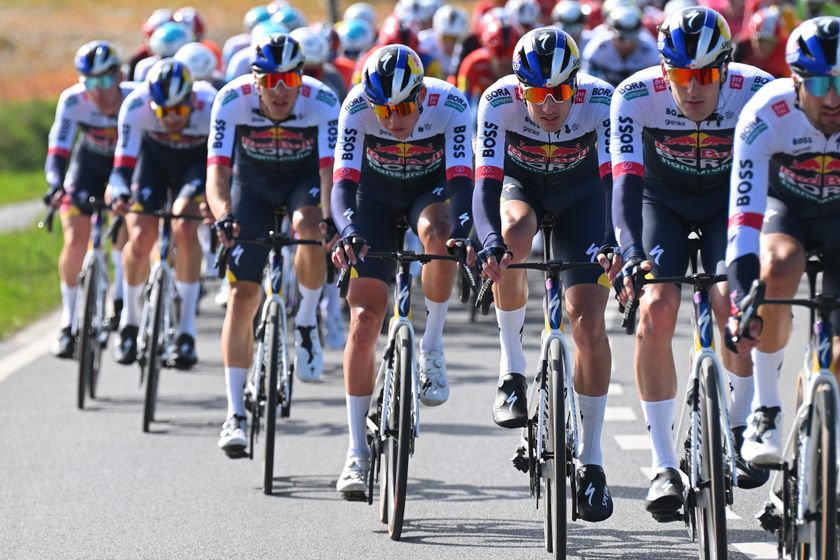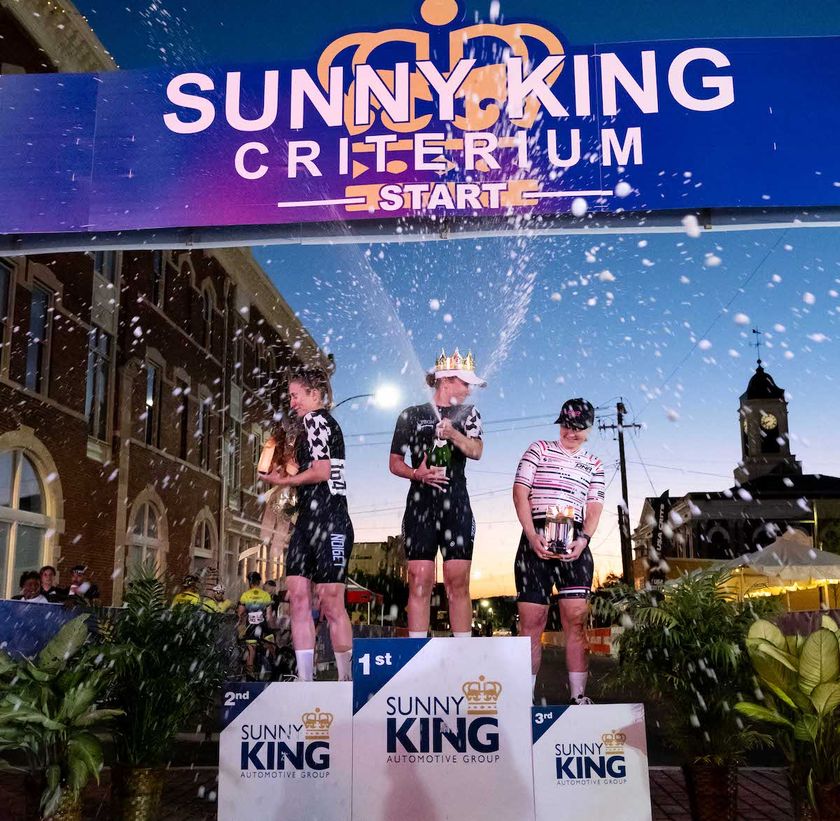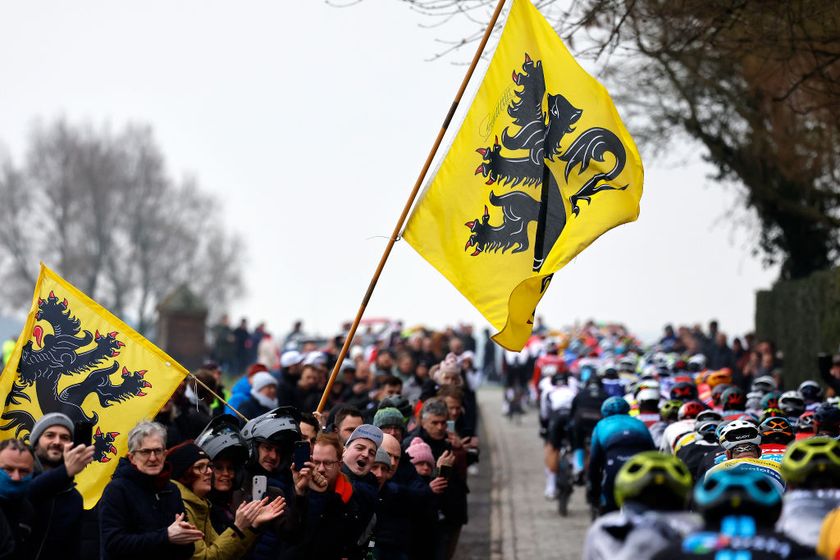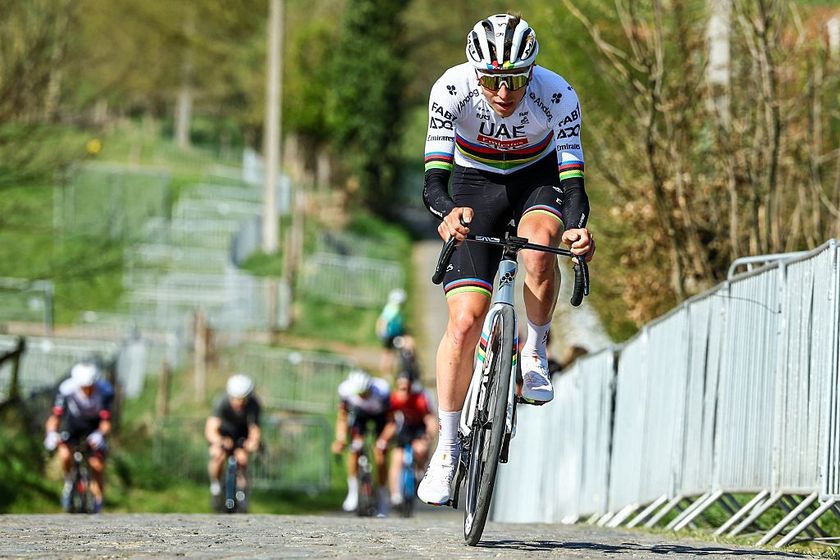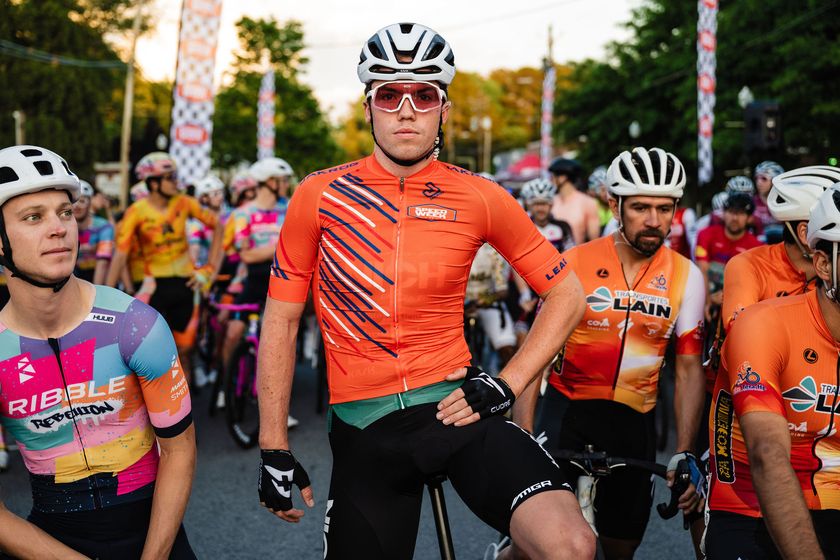Mountain bike races bring big bucks to local economies
New study measures financial payoff of Oregon small town events
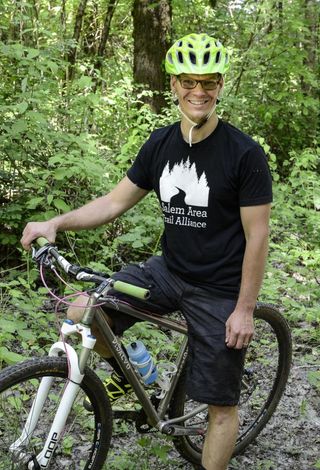
A recent study in Oregon measured the effects of mountain bike races on the local economies. The research by Linfield College Professor Jeff McNamee documents the economic benefits of mountain biking events in the small Oregon towns of Bend and Oakridge. He also surveyed customers of a mountain bike tour company in Bend.
Oregon's rural communities, particularly communities that once relied on timber revenues, are seeking new business models to sustain themselves, and many are looking to the recreation industry to drive business growth and create jobs. Once-booming timber towns are repositioning themselves as adventure destinations for tourists, with mountain biking often taking center stage.
McNamee's research is some of the first in the United States to quantify the economic impact of mountain biking events.
"Mountain biking is taking off in Oregon and across the world, so it makes sense that communities are beginning to see the value of mountain biking events," said the Linfield health and human performance professor.
His research shows that the one-day High Cascades 100 Endurance Mountain Bike Race, three-day Mountain Bike Oregon, and one-day USA Cycling Marathon Mountain Bike National Championships drew more than 1,700 people from 28 states, along with Canada, Austria, Australia and New Zealand. Sixty-five percent of the visitors were from outside Oregon.
"One thing that was staggering was the number of participants from outside the state," McNamee said. "Five countries were represented."
Another finding that surprised McNamee was the demographics.
Get The Leadout Newsletter
The latest race content, interviews, features, reviews and expert buying guides, direct to your inbox!
"We tend to envision mountain bikers as young punks, but most visitors at these events were older people with disposable incomes," he said. Almost three-quarters of the participants had incomes of $100,000 or higher, with 30 percent of all visitors making more than $200,000.
"These are the types of tourists you want to attract," said McNamee, whose findings also show that mountain bikers spend more than the average tourist and stay significantly longer, an average of four days.
In addition to generating jobs, Mountain Bike Oregon brought $1.2 million in direct sales into the Oakridge economy. Restaurants, shops and hotels saw profits from the High Cascades 100, which brought almost $400,000 to Bend. And visitors to the USA Cycling Marathon, also held in Bend, dropped $200,000. Customers of Bend's Cog Wild mountain bike tours spent almost a quarter million dollars on their visit.
"That's a pretty significant economic impact for some one-day events," said the Linfield College professor. "These small events created more than 50 jobs last year. And the fact that the events draw people from around the world says a lot about what Oregon has to offer.
"These communities have a lot of attractions beyond bike trails and biking events," McNamee said. In Oakridge, for example, a new brew pub serves handcrafted beers, and lodging options, including B&Bs, are growing.
McNamee's research compliments an Oregon Bicycle Travel Survey released last week, which said recreational bike travel brings 400 million tourist dollars into Oregon.
In addition to teaching at Linfield College, McNamee serves as president of the Salem Area Trail Alliance.
